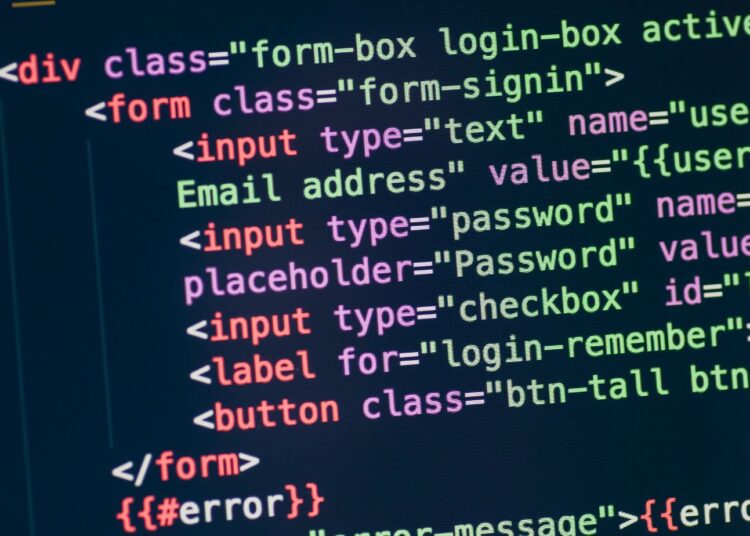For decades, the prevailing narrative around wealth has revolved around Wall Street. From stock portfolios to mutual funds and 401(k)s, most people have been taught that the path to financial freedom runs straight through the market. Yet, for many, that promise has fallen short—with market volatility, hidden fees, and unpredictable returns leaving investors anxious rather than empowered.
The truth is, building real, lasting financial independence doesn’t have to depend on the next bull market. You can take control of your wealth by creating systems, assets, and income streams that work for you—not for a fund manager or brokerage firm.
This is the essence of breaking the wealth code: shifting from dependence to autonomy, and from speculation to strategy. Let’s explore how you can do just that.
Rethinking What Financial Freedom Really Means
Before diving into strategies, it’s worth redefining financial freedom. Contrary to what glossy brochures suggest, it’s not about “beating the market” or owning the hottest stock. True financial freedom means having enough control over your resources to live life on your terms, regardless of market conditions.
It’s about independence—knowing your wealth is secure, your income sustainable, and your future not at the mercy of Wall Street’s whims.
This shift begins by questioning a simple assumption: that the stock market is the only legitimate path to wealth. Once you recognize there are other avenues—tangible, transparent, and often more predictable—you can start designing a strategy that fits your life, values, and goals.
Why Relying Solely on Wall Street Can Limit Your Potential
Wall Street’s promise of “steady long-term growth” has always come with fine print. While the market does grow over time, it does so unevenly. A sudden downturn, inflationary pressure, or geopolitical event can erase years of gains overnight.
Moreover, traditional market investing often leaves individuals passive and uninformed. Funds are managed by others, fees are quietly extracted, and control is minimal. For many, the result is not empowerment but dependence—a feeling that their financial fate is in someone else’s hands.
There’s also the issue of liquidity. Retirement accounts and managed portfolios typically lock away your money for years, even decades, restricting your ability to use your wealth when opportunities arise.
Building financial freedom outside of Wall Street doesn’t mean avoiding investments altogether—it means taking back control. It’s about leveraging vehicles that offer transparency, flexibility, and ownership.
Building Wealth Through Alternative Assets
If Wall Street isn’t the only path, what are the alternatives? The answer lies in real, cash-flowing, and controllable assets. These options allow you to build wealth with stability and foresight, rather than speculation.
Here are some of the most effective strategies:
Real Estate
Property remains one of the oldest and most reliable paths to financial independence. Real estate offers tangible value, consistent cash flow, and significant tax benefits. More importantly, it allows you to directly influence performance through renovations, management, or market timing.
From rental properties to real estate syndications, there are opportunities for nearly every investor profile, whether you prefer hands-on management or passive ownership.
Private Lending and Business Investment
Another way to diversify beyond Wall Street is to become the bank rather than the borrower. Through private lending or small business partnerships, you can generate consistent interest or profit-sharing income.
This approach can often deliver better returns with lower volatility than traditional equities—and you maintain full visibility into where your money is going.
Cash Flow Systems
Wealth isn’t just about accumulation; it’s about circulation. Many financially independent individuals build systems that keep money moving and multiplying. Examples include dividend-paying assets, rental income, and cash-flowing businesses.
These systems create what’s known as velocity of money—your dollars working in multiple places at once, compounding your freedom over time.
The Role of Infinite Banking and Private Wealth Strategies
One of the most powerful yet misunderstood tools for financial independence is the Infinite Banking Concept (IBC)—a strategy that allows individuals to become their own source of financing through specially structured life insurance policies.
Instead of relying on banks or volatile markets, you use your own capital to fund investments, purchases, and opportunities, all while your money continues to grow securely within your policy.
Experts such as Rachel Marshall have helped countless individuals implement these systems, showing how private wealth strategies can deliver financial growth and stability. By combining liquidity, guaranteed growth, and tax advantages, tools like IBC give investors the flexibility to move confidently—without Wall Street dictating the rules.
Creating a Personal Wealth Ecosystem
Building wealth independently doesn’t mean operating without structure—it means creating a personal ecosystem that aligns with your goals.
Here’s how that might look:
- Foundation of Stability: Establish secure assets and reserves (like cash value life insurance or emergency funds) to weather any storm.
- Flow of Cash: Generate consistent income streams from sources like rentals, private lending, or small businesses.
- Growth Engine: Reinvest profits into scalable assets that align with your long-term goals.
- Control and Flexibility: Ensure you can access your money when needed, so you’re never forced to sell or borrow at a disadvantage.

By thinking in terms of systems instead of individual investments, you create a sustainable and resilient structure that continues generating value, even when markets shift.
Cultivating a Mindset for Independent Wealth
Breaking the wealth code isn’t just about choosing different assets—it’s about cultivating a different mindset. It means viewing yourself as the CEO of your finances, not just a participant in someone else’s system.
That involves:
- Continuous Learning: Financial literacy is your greatest asset. The more you understand how money truly works, the more control you gain.
- Strategic Patience: Independent wealth-building isn’t about quick wins—it’s about consistent, intentional growth.
- Calculated Action: Every move should serve your larger vision of independence, not impulse or hype.
When you adopt this mindset, you stop chasing returns and start designing results.
The Path to True Financial Freedom
Financial freedom without Wall Street isn’t a fantasy—it’s a reality being lived by countless individuals who’ve chosen to take control of their wealth. By combining alternative assets, private wealth systems, and a proactive mindset, they’ve built lives of stability and choice.
Ultimately, the real “wealth code” isn’t hidden in algorithms or market forecasts. It’s found in autonomy, knowledge, and disciplined action.
When you stop outsourcing your financial future and start owning it, you unlock a kind of freedom that no market crash can take away.
In the end, breaking the wealth code means realizing that your greatest asset isn’t a stock, a fund, or a portfolio—it’s your ability to create, control, and grow your wealth on your own terms.










